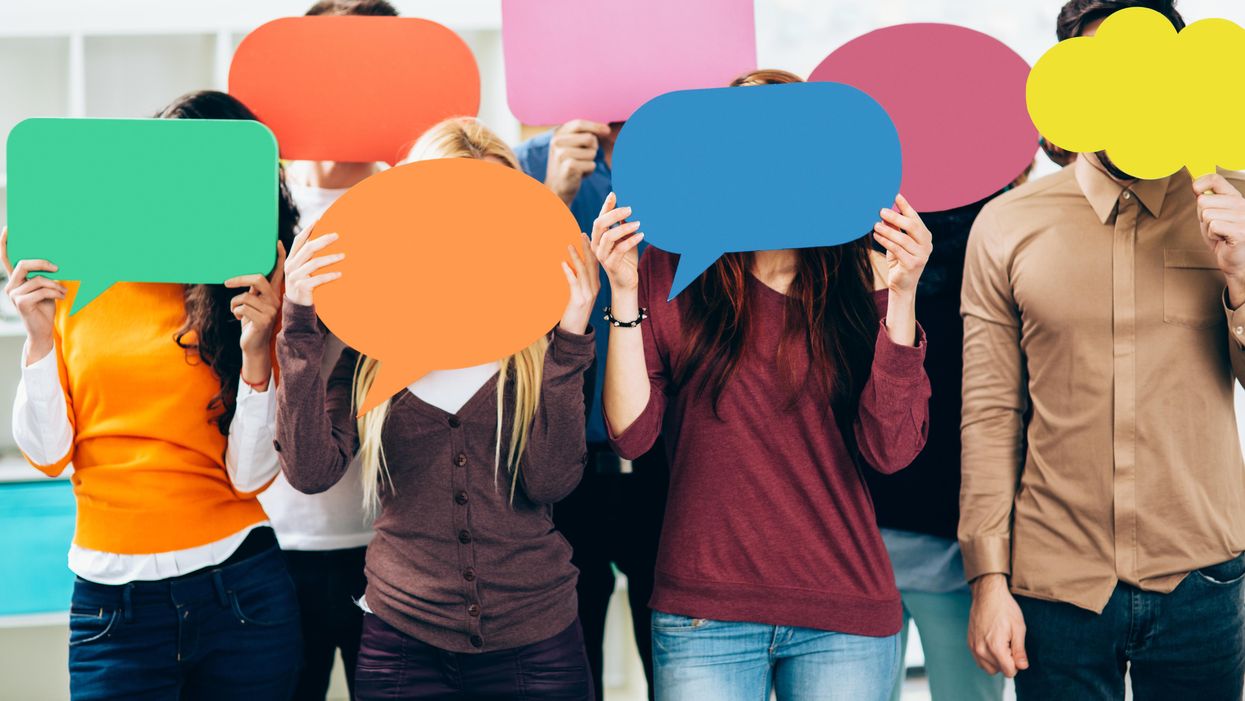Silva is director of engagement at YOUnify.
“But what can I do?” That’s the question I heard most often after speaking with groups about the challenges of our time. It didn’t matter what the subject was. It could be homelessness, the racial tensions, political divides, economic disparity, political polarization or any of the many other human-created issues that often make us feel disempowered. That common refrain would be spoken time and time again: ”But what can I do?”
For a long while, I thought that people were genuinely asking me a question, and I was ready with an answer. I had an endless list of things they can do, or stop doing, to create the world or at least the country that so many of us profess to want. Let’s face it, if people wanting better communities, a better democracy, greater relationships, justice and equity, etc., was enough to make it happen, nearly everything we complain about today would vanish. Many of the systems, policies and institutions that deter us from sinking into utter turmoil would be unnecessary and every -ism (racism, sexism, ableism) that we argue over would be replaced with an -ity (humanity, civility, unity) that is indicative of individual and relational thriving.
Unfortunately, the chasm between wanting and having is vast and it will not be overcome by giving ourselves credit for wanting what we are unwilling to help create. We have to do something. Fortunately, we live in a time when there are a lot more opportunities to do something toward creating the world we want than ever before.
“Talking is not doing nothing!”
For going on two decades now, I have been in the talking business in one way or another. Whether it was being a linguist, a salesperson or a pastor, I have used words to invite people into more expanded possibilities. I have essentially been paid to use words effectively. And as such, I do not take talking for granted. It makes the world go round. Every single time we enter into an intentional conversation and are present with the encounter, most especially with someone who sees the world in a way that challenges us in some way, the world of every participant expands. And when that happens our capacity for creating the world we say we want increases.
“Guided conversation is the relational engine that drives community transformation forward.”
If the person I am today could talk to the person I was 30 years ago, I would thank him for asking questions and listening to the stories of different people. Any single person can only observe so much. We have to rely on others to help us see the bigger picture even if we disagree on how they interpret what they see. So one thing that anyone can do is work toward having those conversations. Even if it is as little as committing to one conversation across differences a year, such as those recently offered by the coalition behind America Talks and the National Week of Conversation, that is doing something. And doing one thing toward creating the world we say we want is always better than doing nothing.




















Trump & Hegseth gave Mark Kelly a huge 2028 gift